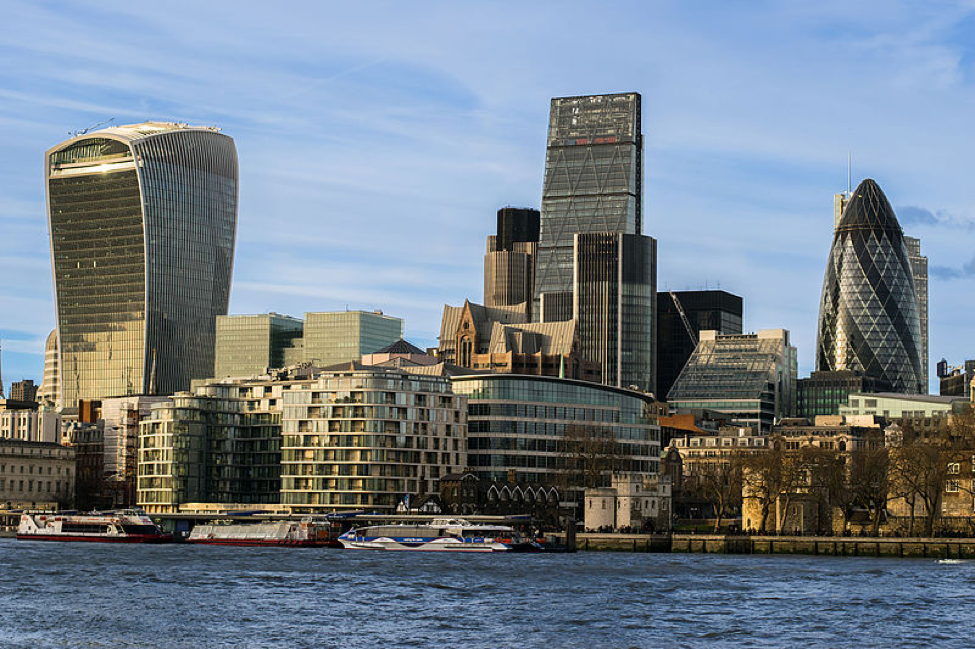After all kinds of debate and uncertainty, it appears that the UK economy is holding up after Brexit, as the number of companies struggling to stay afloat has dropped.

Image source: Wikimedia
Over the three months that followed the referendum on the 23rd of June, the number of businesses in significant financial distress has fallen 6% to 248,916 since the previous quarter. Since last year, the number of distressed companies has fallen by 2%.
Businesses from all areas of the UK’s economy have shown great resilience, and the biggest improvement has been in the construction sector. Here, the number of firms in significant distress has fallen from 11% since the previous quarter. The number of strained professional service companies has fallen by 10% with the rush of work from clients seeking advice on Brexit.
One insolvency firm chairman said: “The UK economy appears to be in a stronger position than expected following the EU referendum result. While we wait to see whether the government opts for a ‘hard’ or ‘soft’ Brexit strategy, businesses at least appear to be better placed to tackle any new challenges on the horizon.”
The figures, drawn from major insolvency practices like www.HudsonWeir.co.uk, shows that the widely predicted slump in the UK’s economy has failed to occur. Economists have predicted British economic growth to have dropped by more than half in the third quarter, but for the economy to have avoided a recession in the second half of the year.
Generally, the resilience of the UK economy since the Brexit vote has been attributed to a healthy consumerist culture, and a continually strong services sector. Surveys carried out immediately after the vote suggested a severe drop in economic activity. However, the warm summer combined with a general recovery from the shock of the referendum seemed to have stimulated spending by both businesses and households.
Despite these hopeful figures, there are some economists who are still expecting a significant and possibly prolonged slump, even if Britain avoids further contraction and a technical recession for two quarters. Prime Minister Theresa May, strained by a cabinet full of conflicting views about the terms of leaving the European Union, has announced that she will take steps towards a formal separation, titled Article 50, before the end of March 2017.
Ric Traynor, a prominent insolvency executive, said: “Given that the details of the future Brexit deal are as yet unknown, it is still too early to tell what longer-term impact the leave decision might have on the UK economy. Clearly though, the stronger the UK economy becomes pre-Brexit, the better it will be able to withstand any post-Brexit shocks.”
A consumer confidence index run across September shows that spending continues at a steady rate, and that the UK’s citizens have shrugged off prior concerns for the economy. However, inflation has risen by at least 1% over the past two months and the price of raw materials has risen due to the falling value of the pound. Though various economists continue to make unhopeful projections, the expected slump is nowhere to be found.



